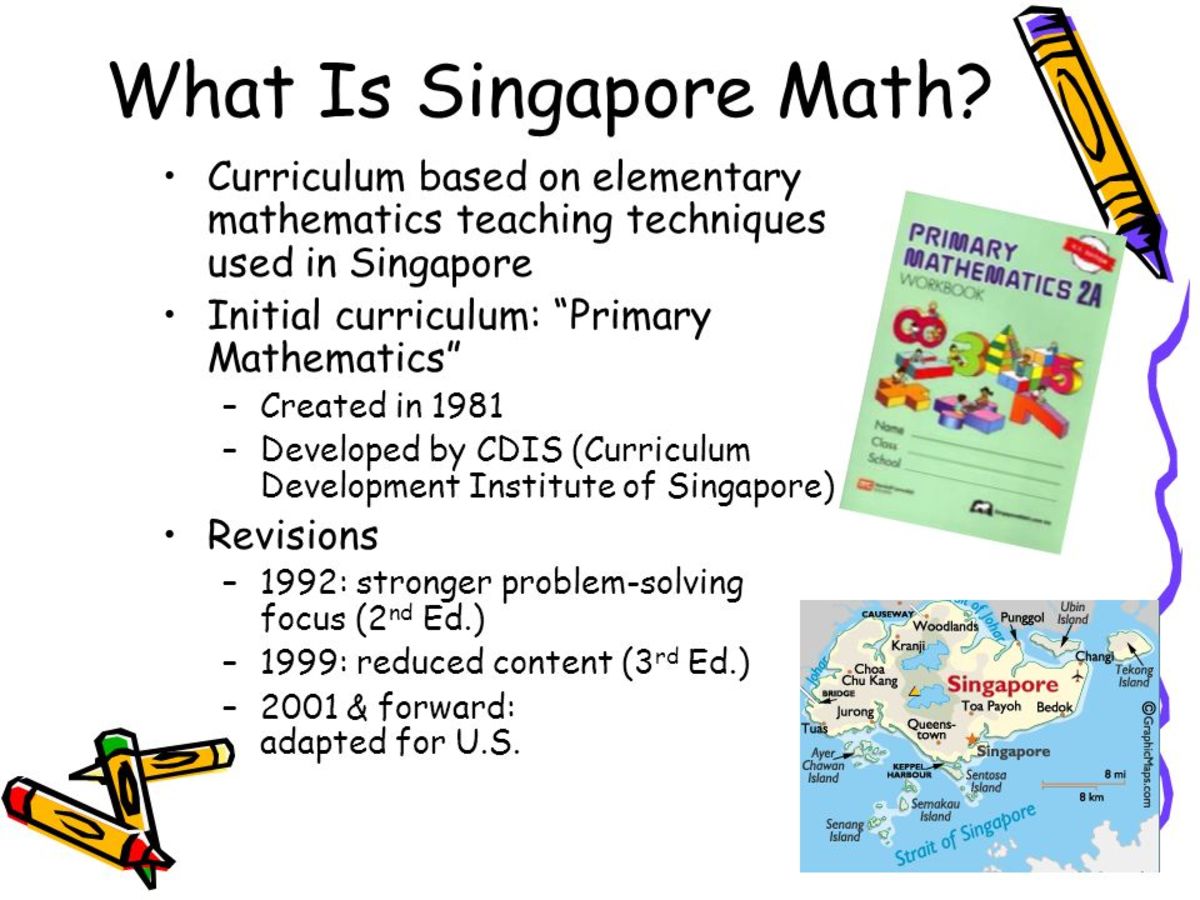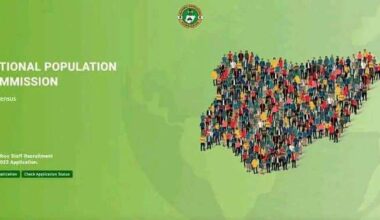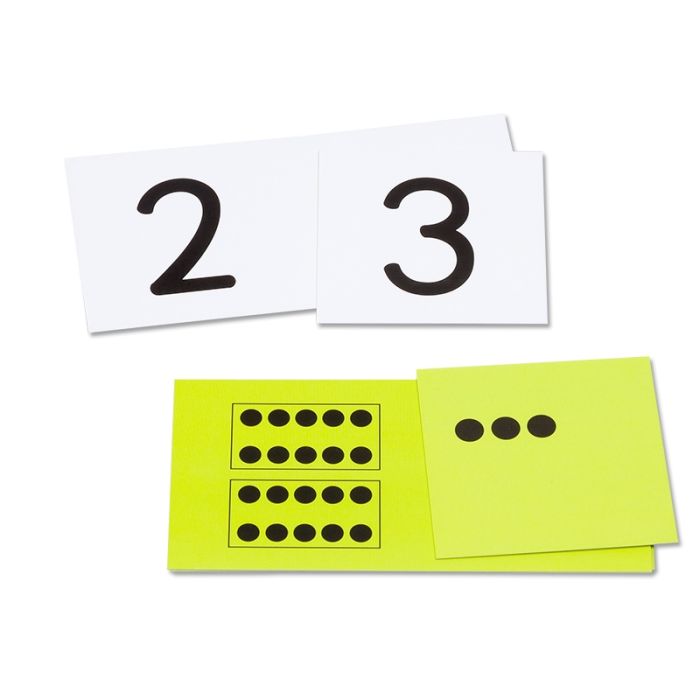Here on this page is all about effective reading comprehension questioning techniques and all you need to know about reading comprehension questioning Itself. Let’s get started.
As one of the most essential skills in academic and professional settings, reading comprehension plays a crucial role in our daily lives. It is the ability to understand and interpret the meaning of written texts, which requires a combination of several cognitive processes, such as attention, memory, and critical thinking.
However, achieving mastery in reading comprehension is not an easy task, especially for struggling readers or non-native speakers. Fortunately, educators and researchers have developed various strategies and techniques to enhance students’ reading comprehension skills, one of which is questioning.
In this blog post, I together with you will explore the concept of reading comprehension questioning and its effectiveness in improving students’ comprehension abilities and the best way to do it.
>> See This Suggestion: What is The Most Successful Reading Programs for Struggling Students
What is Reading Comprehension Questioning?

Reading comprehension questioning is a teaching strategy that involves asking students questions before, during, and after reading a text to assess their understanding of the content. The primary goal of questioning is to encourage students to engage actively with the text, monitor their comprehension, and identify gaps in their understanding.
Questioning can also help students to identify the main idea, make connections between different parts of the text, infer meaning, and apply their knowledge to real-life situations. There are several types of questions that teachers can use to enhance students’ reading comprehension, including literal, inferential, and evaluative questions. Now we will be going into all of these one after the other to get the most effective reading comprehension questioning strategy that will works best for your students
>> Another Suggestion: 5 Most Successful Reading Programs For Your Child
Literal Questions
Literal questions are the most basic type of questions that focus on the explicit information provided in the text. These questions require students to recall specific details or facts from the text, such as who, what, when, where, and how. Literal questions help students to develop their memory and attention skills and provide a foundation for understanding the text’s content. Examples of literal questions include:
- What is the name of the main character?
- Where did the story take place?
- When did the event happen?
Inferential Questions
Inferential questions are more complex than literal questions and require students to go beyond the surface-level information provided in the text. These questions require students to use their background knowledge, reasoning, and critical thinking skills to make inferences and draw conclusions about the text’s meaning. Inferential questions help students to develop their analytical and problem-solving skills and encourage them to think deeply about the text. Examples of inferential questions include:
- Why do you think the character behaved that way?
- What might happen next in the story?
- How does the author want the reader to feel about the character?
Evaluative Questions
Evaluative questions are the most challenging type of questions and require students to make judgments about the text’s content or quality. These questions require students to use their personal experiences, opinions, and values to evaluate the text critically. Evaluative questions help students to develop their higher-order thinking skills and encourage them to reflect on the text’s relevance and significance. Examples of evaluative questions include:
- What is your opinion about the author’s argument?
- Do you agree with the character’s decision?
- How does the text relate to your life or society?
The Benefits of Reading Comprehension Questioning
Reading comprehension questioning has several benefits for students of all ages and abilities. First, questioning helps students to develop their metacognitive skills, which are the ability to monitor and regulate their own thinking processes. By asking and answering questions, students can assess their own understanding of the text and identify areas where they need to focus their attention.
This metacognitive awareness can help students to become more independent learners and improve their self-regulation skills.
Second, questioning helps students to build their vocabulary and language skills. By answering questions, students are exposed to new words and concepts that they may not have encountered before. This exposure can help to expand their vocabulary and improve their language proficiency, which can have a positive impact on their overall academic performance.
Third, questioning encourages students to engage with the text actively and fosters their critical thinking skills. By answering different types of questions, students learn to analyze and evaluate the text’s content, make connections between different parts of the text, and infer meaning beyond the literal level. These skills are essential for success in academic and professional settings, where critical thinking and problem-solving are highly valued.
Fourth, questioning can help students to become more motivated and interested in reading. By asking thought-provoking and challenging questions, teachers can create a stimulating learning environment that encourages students to explore the text’s meaning and relevance. This engagement can help to foster a love of reading and a desire to learn more about the world.
Effective Questioning Techniques
To make questioning an effective tool for improving reading comprehension, teachers should use a variety of question types, ask open-ended questions, and encourage students to ask questions. Here are some effective questioning techniques that teachers can use:
- Use a variety of question types: Teachers should use a mix of literal, inferential, and evaluative questions to help students develop different types of comprehension skills. By using a variety of question types, teachers can also keep students engaged and interested in the text.
- Ask open-ended questions: Open-ended questions encourage students to think deeply and reflect on the text’s meaning. Teachers should avoid closed-ended questions that require only a yes or no answer, as these questions do not foster critical thinking skills.
- Encourage students to ask questions: Teachers should also encourage students to ask their questions about the text. This approach can help to create a collaborative learning environment where students can share their ideas and opinions with each other.
Conclusion On reading comprehension questioning
Reading comprehension questioning is an effective teaching strategy that can help students of all ages and abilities to improve their comprehension skills. By asking different types of questions, students can engage with the text actively, monitor their comprehension, and develop their critical thinking skills.
Effective questioning techniques include using a variety of question types, asking open-ended questions, and encouraging students to ask questions. By implementing these techniques, teachers can create a stimulating learning environment that fosters a love of reading and a desire to learn more about the world.






